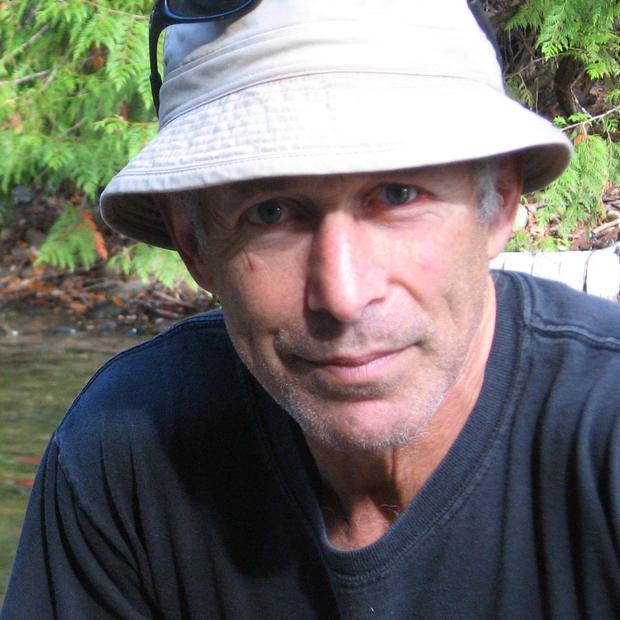Are we done yet with whining about Washington's ludicrous caucus and primary system? Sometimes, reading those whines, you start to wonder: Is the writer or are the people talking about wolves or other predators? (It isn't pretty, but where would we be if caucuses didn't cull out the elderly and disabled?) Is this about TV ratings? (If we dumb this show down enough, we can boost our audience share.) They certainly aren't talking about political parties as the U.S. Ninth Circuit Court of Appeals views them.
The Ninth Circuit delivered a little civics lesson just five years ago, when it consigned Washington's popular "blanket" primary to the scrap heap of history. The blanket primary, which allowed a voter to choose either Democratic or Republican candidates without declaring party allegiance, was passed by a Grange-sponsored initiative back in 1934. Until then, you had to sign up as a Democrat or Republican, and the victorious party consulted the voting lists before it decided who would and would not get government jobs.
The Grange initiative won handily, and the Legislature dutifully passed a blanket primary law the next year. Inevitably, the blanket primary was challenged as unconstitutional. When the case reached the Washington state Supreme Court, the justices gave short shrift to the interests of political parties. In 1936, the court noted an argument
that the law tends to destroy political parties. Counsel [for the opponents] confess that they can find no specific provision of the constitution on which to base the contention, but they assert the general utility and necessity of parties, and argue therefrom that legislation tending to destroy them must receive the condemnation of the courts. It has seemed to us, however, that this is a political rather than a judicial question, and that an appeal from the legislative decision must be made to the people rather than to the courts.The state Supreme Court said it was "undisputed" that "the constitution takes no concern of political parties." Therefore, "a law will not be held to be unconstitutional [just because] it may destroy these organizations."
But that was a long time ago. In 2000, the U.S. Supreme Court ruled that a similar California primary was unconstitutional (California Democratic Party v. Jones, 530 U.S. 567 [2000]), and the Washington parties tried again. The Ninth Circuit said in 2003 that the recent Supreme Court ruling gave it no choice (Democratic Party of Washington State v. Reed, 343 F.3d 1198 [Ninth Cir. 2003]).
"The Washington [primary] scheme is materially indistinguishable from the California scheme held to violate the constitutional right of free association in Jones," the justices explained. "The Washington scheme denies party adherents the opportunity to nominate their party's candidate free of the risk of being swamped by voters whose preference is for the other party."
Basically, the court ruled that political activists have a perfect right to exclude outsiders. It said that
those who actively participate in partisan activities, including ... holding precinct caucuses in their homes, serving on local and state party committees, contributing money to their parties, canvassing, and watching polls for their parties, have a First Amendment right to further their party's program for what they see as good governance. Their right to freely associate for this purpose is thwarted because the Washington statutory scheme prevents those voters who share their affiliation from selecting their party's nominees. The right of people adhering to a political party to freely associate is not limited to getting together for cocktails and canapes.(Somehow, this evokes Madison and Jefferson less than it does Kinky Friedman singing "we reserve the right to refuse service to you.")
The Legislature quickly passed – but then-Gov. Gary Locke vetoed – a bill that would have established a "top two" primary, in which the two candidates who received the most votes in the primary, regardless of party, would appear on the general election ballot. After Locke's veto, in 2004, the Grange sponsored Initiative 872, to make the top-two primary into law. The people passed it overwhelmingly, but the parties challenged it, and again a federal court found that it violated the party members' right to freedom of association.
The judicial message is clear: A political party isn't a public entity. It's a membership organization like the National Rifle Association, the American Civil Liberties Union, the National Association for the Advancement of Colored People, or the Ku Klux Klan. Its leaders can associate with whomever they choose. Even if they associate for the purpose of choosing a presidential candidate, it's their own damn business.


